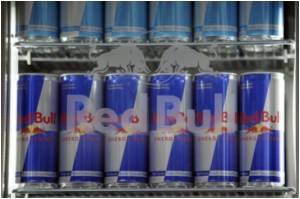
643 competitors were advised to drink 250ml of either water or a sport drink every 20 minutes during the race.
The fastest finishers had lost three per cent or more of their body weight.
Those finishing in between three and four hours lost an average of 2.5 per cent of their body weight and those finishing in more than four hours lost two per cent in weight.
Almost one in ten runners actually gained weight and finished the slowest.
"Interestingly, 9.5 per cent of runners in this sample overdrank and gained body weight during the race. "There is no benefit to overdrinking during exercise. Instead significant overdrinking will cause potentially fatal exercise-associated hyponatraemic encephalopathy," the Telegraph quoted Professor Timothy David Noakes, Department of Human Biology, University of Cape Town, as saying.
Advertisement
"Rather, such overdrinking most likely results from specific messaging directed, especially by the sports drink industry."
Advertisement
"As you would with the equipment or footwear you need, it makes sense to choose the right drink for your sporting activity."
The results are published in the British Journal of Sports Medicine.
Source-ANI









